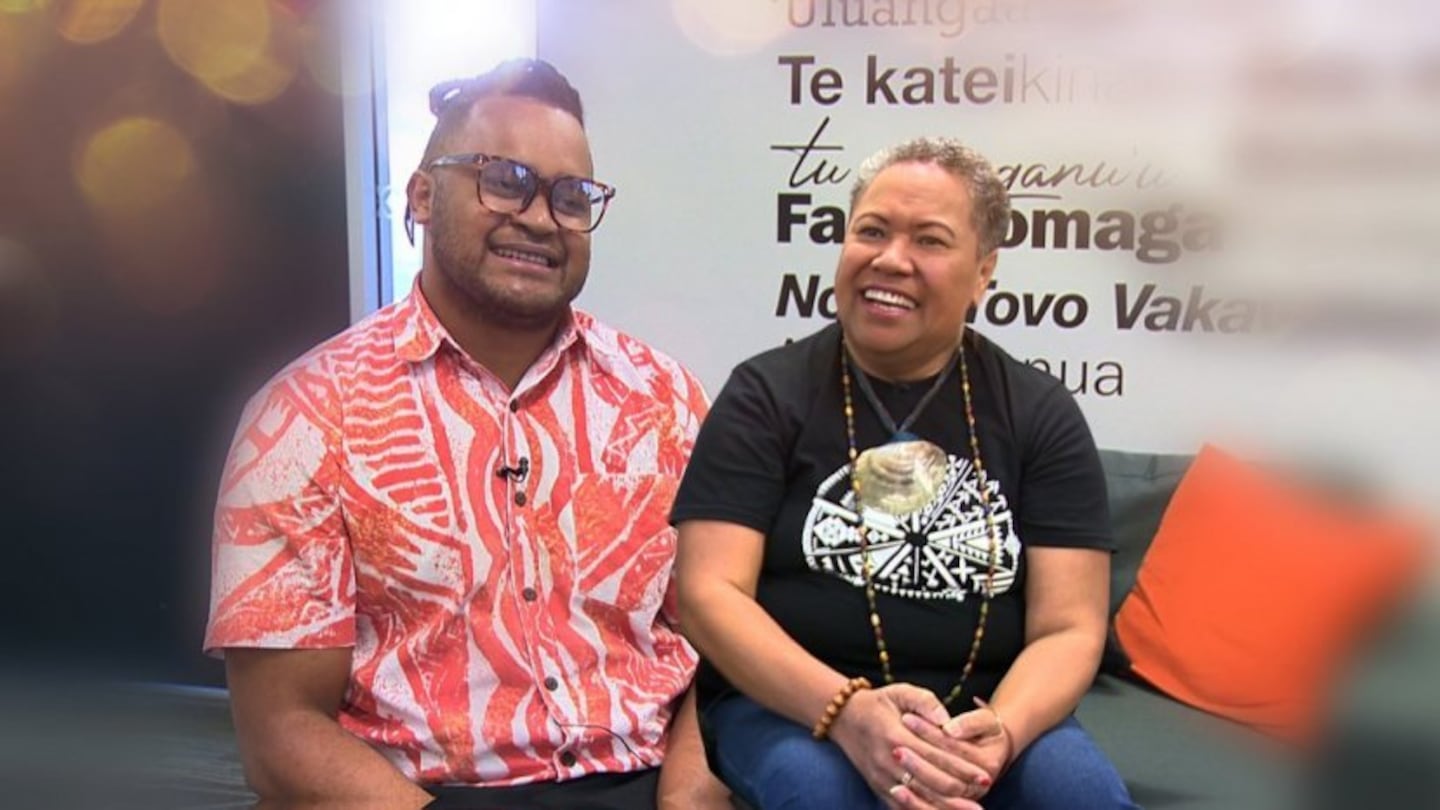Aotearoa celebrates Vosa Vakaviti: The Fijian language this week, with the theme this year ‘akabulabulataki, vakamareqeti, ka vakaqaqacotaki na vosa vakaviti’ (nurture, preserve and sustain the Fijian language).
The Ministry of Pacific Peoples' (MPP) created the theme to keep the language alive as its use is declining.
The last national census report in 2018 revealed there had been a 4.3% decline in the language spoken in Aotearoa.
Pacific Media Networks' Fijian language show host Malcolm Andrews says the key to sustaining the language is creating the right learning environment.
“It’s the idea of nature vs nurture, so nature obviously talks about genes, instincts as well as blood memory. As we all understand as indigenous people the language is in our blood, it’s embedded in us, it’s passed down by our ancestors or tūpuna.”
“But we need to create the environment, which is the nurture aspect or create a space in which we can nurture, safeguard, grow, revitalise and sustain the language here in Aotearoa New Zealand," Andrews says.
“When it’s not spoken, then it will be lost forever."
Language must be treasured
Over 41% of Fijians are born in Aotearoa, with almost 59% of Fijians born around the world (Census, 2018).
Pacific Media Network newsreader Nemai Vucago believes the Fijian language is a gift and those who know the language should step up and show it.
“The Fijian language is a gift and we must treasure it and in order to treasure it and keep it from being lost forever, we need to speak it every day to keep it alive.”
“When it’s not spoken, then it will be lost forever and it’s our duty as mātua, as custodians of the Fijian language, to be fronting this message and to be living it every day,” Vucago says.
Google, Fijian language books and attending classes at the Centre of Pacific Languages are resources people can access to learn the native tongue.
Research in the past has shown that language or text is often captured when it is said or performed in rhythmic form.
Learning from rhymes
Andrews who is also doing his PhD in psychology says music and learning Fijian songs such as Isa Lei are examples of this.
“Language or text is captured when it is done in rhythms.
“For example, growing up in Fiji we learnt about nursery rhymes. ‘Mary had a little lamb’. Although we don’t have lambs in Fiji, we could recall it because it’s done in rhythms.
“So, music and encouraging our rangatahi and encouraging our people to write songs in Fiji,” he says.
Activities and events have been happening around the country in celebration of Fijian Language week.
Vacago who is also the producer of Pacific Media Networks Fijian language radio show, 5.31pi, encourages the country to give the Fijian language a go.
“It’s every language custodian's dream that we speak our reo every day.”
“Start small, start with your whānau, then maybe your neighbours and from there maybe try your community. If you’re unsure then befriend a Fijian and ask a Fijian,” she laughs.
Fijian language week celebrations end on October 8, and the next language week to be celebrated will be Niue from October 16 - 22.




